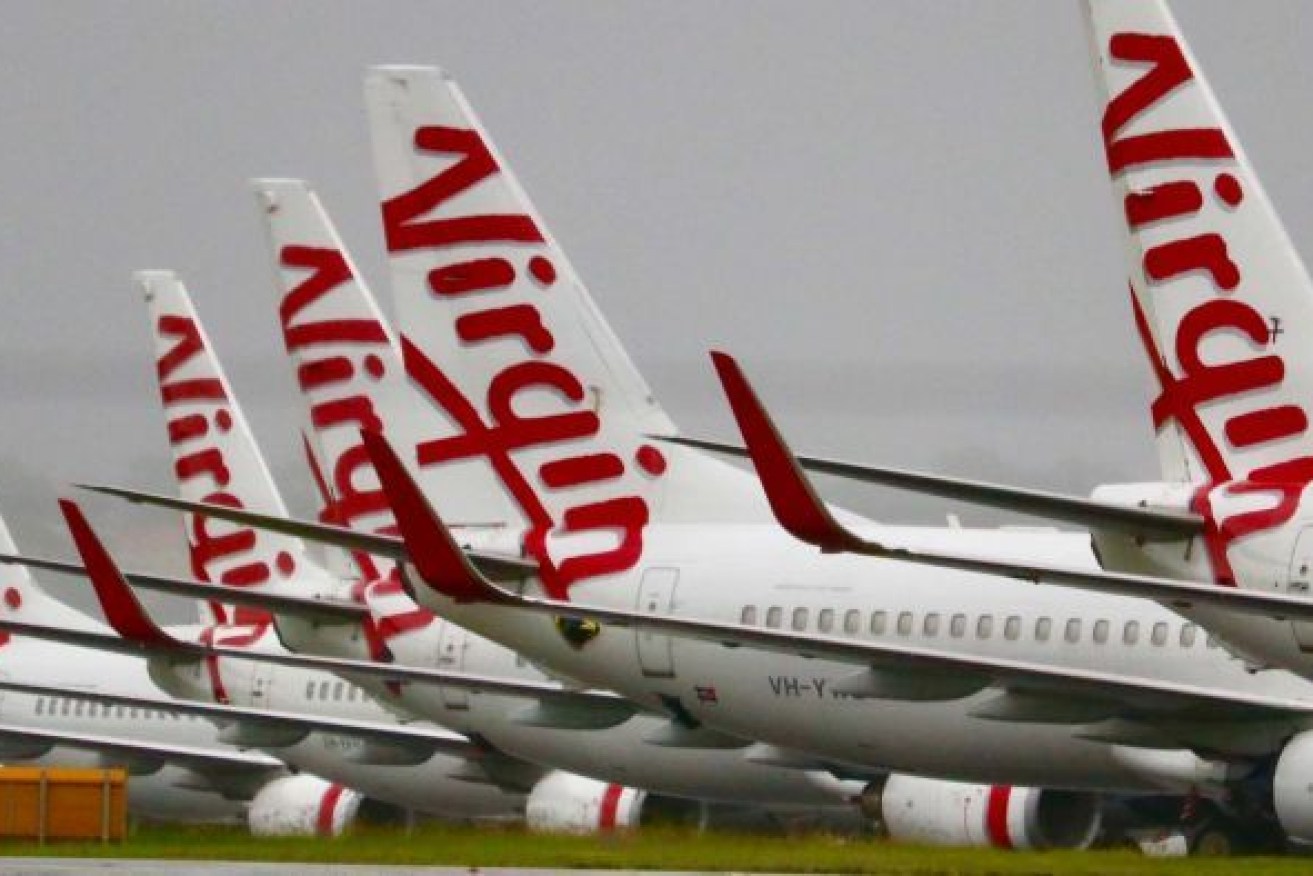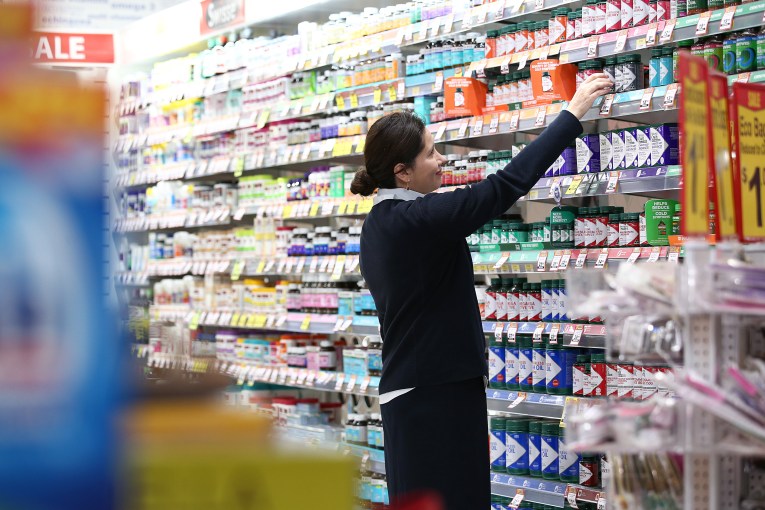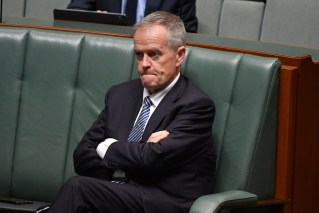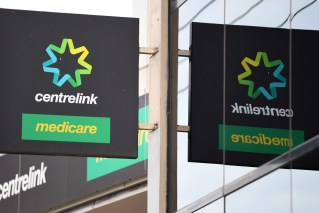Virgin’s market share up, fares gap doubles as price push pays off
Virgin’s market share has edged up to 30 per cent and its new strategy to attack the price conscious had led to a doubling of the price gap between it and Qantas in the key corporate market, according to the ACCC.


Virgin's joint tender deal with Alliance has been rejected by the ACCC. (Pic supplied)
Virgin’s passenger market share had recovered to 38 per cent on routes between larger cities by June 2021, but remained below its March 2019 share of 40 per cent when it still operated its low cost carrier Tigerair.
The ACCC also found that the price of discount airfares on high volume routes has trended down in real terms since mid-2020, with its index at the lowest level for several years.
“Airfares were particularly low on routes between larger cities serviced by all three airline groups, such as Melbourne-Sydney and Sydney-Gold Coast,’’ the report said.
And Queensland routes in July were the busiest in the nation whereas lockdowns meant the prized Sydney routes were not even in the top 10.
In July, the Brisbane to Cairns route was number one, followed by Melbourne to Gold Coast and Brisbane to Melbourne. However, lockdowns in both Sydney and Melbourne have occurred since then.
Using analysis from a report by Butler Caroye, the ACCC said Virgin’s average corporate airfares decreased by 13 per cent in the first half of 2019 to $193 in the second quarter of 2021.
“In contrast, Qantas’ average corporate airfares have increased by 9.4 per cent, from $295 to $323 over this same time period.
“As a result, the price gap between Qantas and Virgin has doubled. This gap was 67.1 per cent in the second quarter of 2021, compared with 32.8 per cent in the first half of 2019.
“While this widening price gap may reflect an attempt by Virgin to attract a greater share of the corporate market, it may more likely reflect Virgin’s strategic shift towards more value-conscious travellers.
“If this shift results in Qantas facing less competition at the premium end of the market, customers in this premium segment, including corporate customers, may continue to face increasing prices.’’
The price of business class airfares had fallen in real terms since the start of 2019 and were at their lowest on record in August.
It said Qantas had further extended its dominance in regional areas with the launch of 13 new regional routes while Virgin and Rex had reduced their post-pandemic regional networks.
“In June 2021, the Qantas Group carried 70 per cent of passengers flying between a larger city and a regional area, and 87 per cent of passengers flying between two regional locations,” it said.
“The ACCC continues to investigate Qantas’ entry and expansion on certain routes and whether it raises competition concerns.’’
Virgin’s and Rex’s passenger market shares across all domestic routes increased since March 2021 to 30 per cent and 4.1 per cent respectively by June 2021.
“Although Qantas’ market share fell to 66 per cent in June 2021, it continued to hold a larger share of the overall passenger market than it did in June 2019 (61 per cent).
The Qantas Group’s passenger share had returned to its 60 per cent pre-COVID-19 level by June 2021 on routes between larger cities, given growth in Virgin’s and Rex’s market shares.












